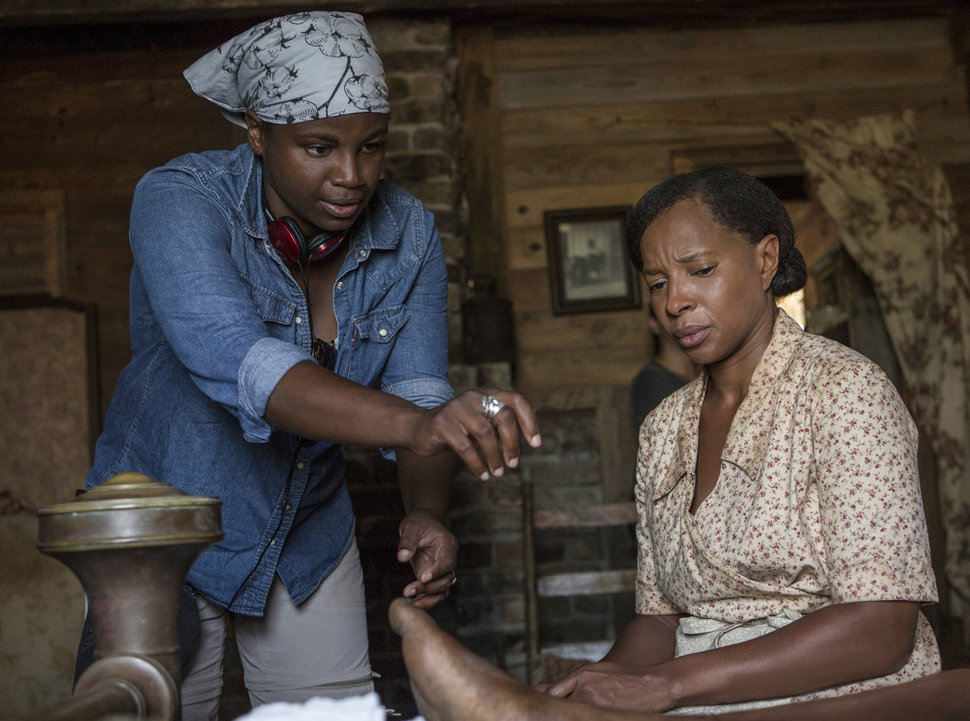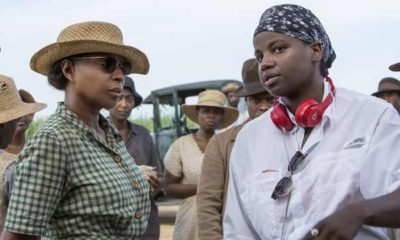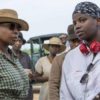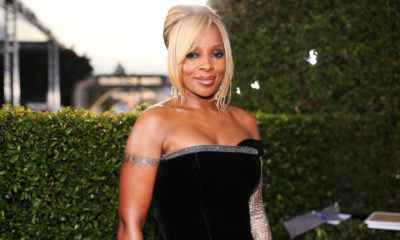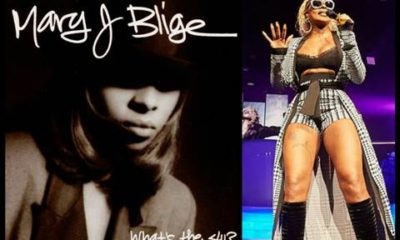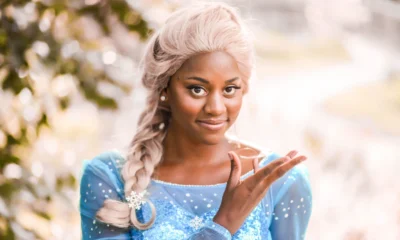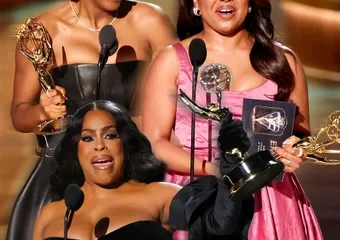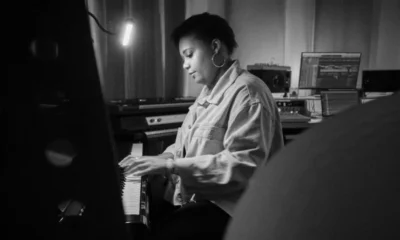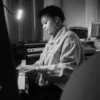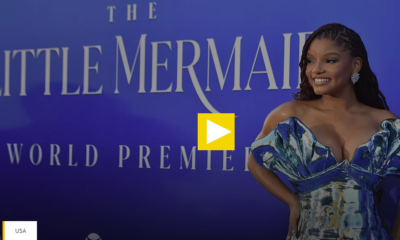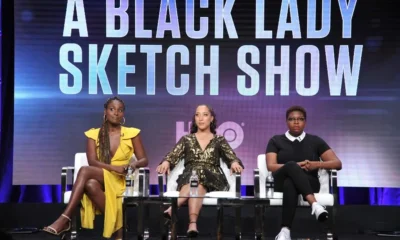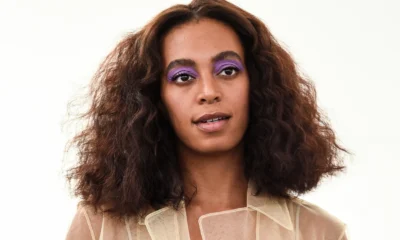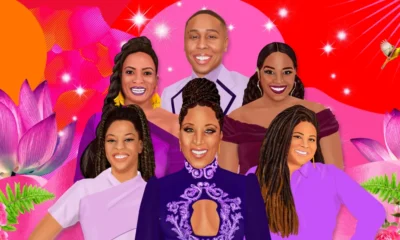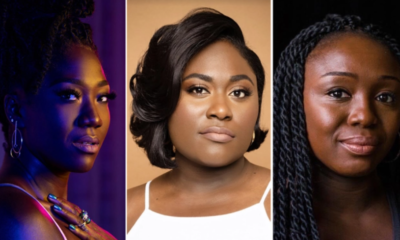Black Women in Entertainment
How ‘Mudbound’ Director Dee Rees Convinced Mary J. Blige To Join Her Cast
”For me, it was a long shot. It was a Hail Mary. But she said yes.”
“Mudbound,” a sprawling, ambitious drama that debuted on Netflix and in select theaters last Friday, has earned its director, Dee Rees, a deserved crown.
Rees’ first movie, the 2011 coming-of-age jewel “Pariah,” was a festival hit that netted her an Independent Spirit Award and a small but devoted audience. She followed that with 2015′s “Bessie,” the Emmy-winning HBO movie about famed blues singer Bessie Smith. Both showcase a filmmaker with a sharp eye for the nuances of human connection, but “Mudbound” is in a class of its own, chronicling two families ― one black, one white ― on a dusty plantation in World War II–era Mississippi. Racial stratification plagues everyday existence on and off their farmstead, especially once the clans’ sons (played by Jason Mitchell and Garrett Hedlund) become friends. Rees, who adapted Hillary Jordan’s novel of the same name with “ER” writer Virgil Williams, weaves numerous characters’ perspectives together to create a searing, audacious masterwork.
None of Netflix’s original releases have secured acting, directing or writing nominations from the Oscars, but the acclaim that has greeted “Mudbound” could help to end the streaming service’s dry spell. I talked to Rees in New York in October ― right as awards-season campaigns were first escalating ― about portraying the Jim Crow South, working with Mary J. Blige and the films she thinks are worthy of history classes.
“Mudbound” was among the toasts of this year’s Sundance Film Festival. It felt very much like your moment in particular ― you were no longer just a director on the rise. Did you feel those good vibes, too?
So that’s exactly why I love doing press. My partner, Sheila, filters stuff to me, or friends will send me bits and pieces. But to me, I try to keep focused on the work and be sobered by the fact that it’s not a meritocracy, this world. If things happen, great. If they don’t, great. At the end of the day, I think, just as a maker, just as an artist, hopefully this makes my way a little bit easier. Or it makes the way of someone else a little bit easier. Or it it’ll make some film exec go watch shorts programs at festivals instead of going to the gala. To me, that would be the big thing ― for the studio system in general to do more interesting material. Go to shorts …
Please read original article- How ‘Mudbound’ Director Dee Rees Convinced Mary J. Blige To Join Her Cast



